For centuries, traditional medicine has relied on the healing power of herbs and spices. In fact, historical records show that both bay leaves and cloves were prized not just for their culinary value but also for their medicinal properties. Today, modern research continues to confirm what ancient cultures already knew: these two simple kitchen ingredients may deliver profound health benefits when combined. But here’s the surprising part—when brewed together into a tea, bay leaves and cloves create a potent infusion that people describe as “miraculous.” From supporting digestion and reducing bloating to improving circulation and even boosting immunity, this tea has become a go-to natural remedy for many. Could a cup of spiced tea really change how you feel, look, and live? In this article, we’ll explore the science, traditions, and practical tips behind bay leaf and clove tea—and why drinking it may be one of the easiest ways to support your body naturally.
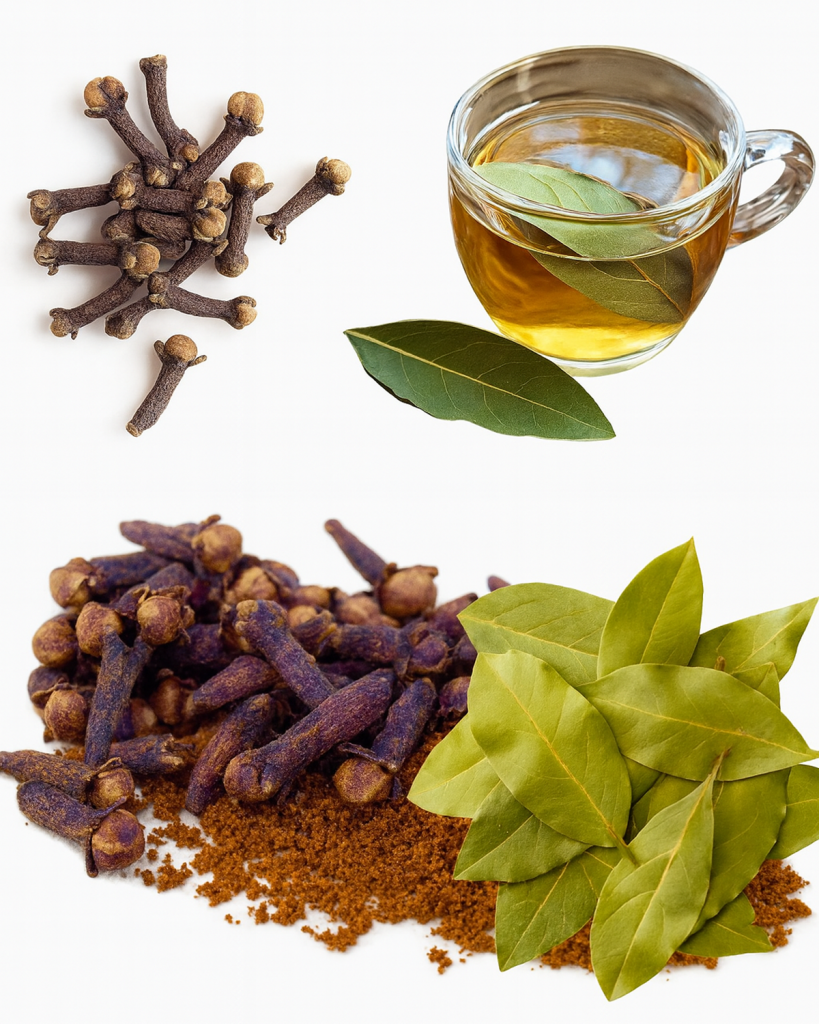
Why Bay Leaves and Cloves Work So Well Together
Bay Leaves: The Aromatic Healer
Bay leaves are rich in phytonutrients, antioxidants, and essential oils. Traditionally, they’ve been used to:
- Support healthy digestion.
- Calm bloating and gas.
- Regulate blood sugar levels.
- Reduce inflammation in joints.
Cloves: Tiny Buds with Big Power
Cloves contain eugenol, a compound known for its antioxidant and antimicrobial effects. Their benefits include:
- Supporting oral health.
- Enhancing circulation.
- Easing muscle pain.
- Strengthening immune defense.
When combined, bay leaves and cloves create a synergistic effect. Bay leaves calm the digestive tract, while cloves activate circulation and fight inflammation. Together, they create a tea that touches nearly every system in the body.
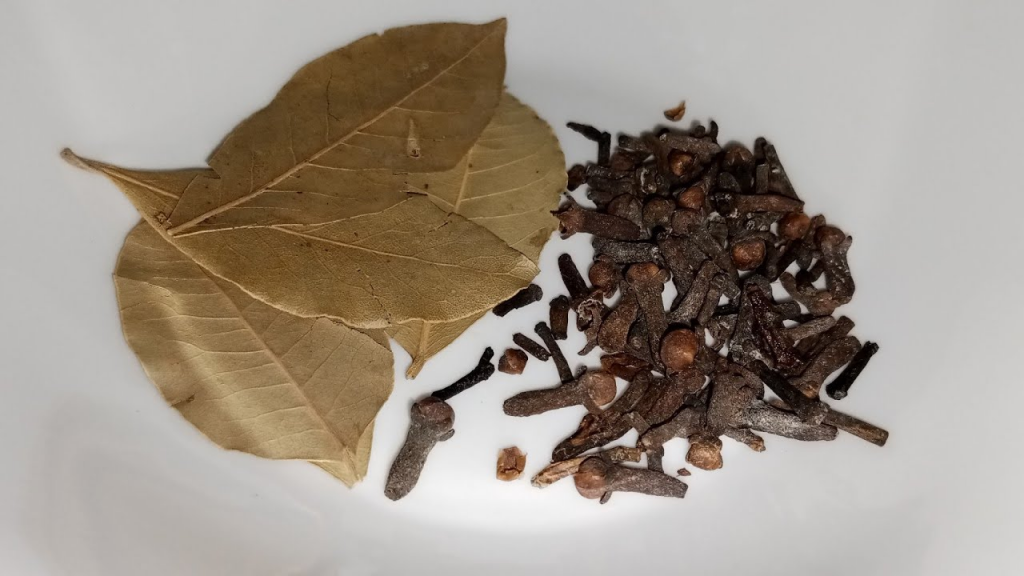
Key Benefits of Bay Leaf and Clove Tea
1. Supports Digestion and Gut Health
Many people first try this tea for relief from indigestion. Bay leaves help regulate enzymes that break down food, while cloves reduce gas and bloating. A warm cup after meals can calm the stomach and prevent heaviness.
2. Helps Regulate Blood Sugar Levels
Emerging studies suggest that compounds in bay leaves may improve insulin function. When paired with cloves, which may support metabolism, this tea can help balance blood sugar naturally.
3. Boosts Circulation and Reduces Inflammation
Cloves improve blood flow, which may reduce swelling in the legs and feet. Bay leaves contribute anti-inflammatory compounds that ease joint stiffness, making this tea a favorite among people with arthritis or circulation issues.
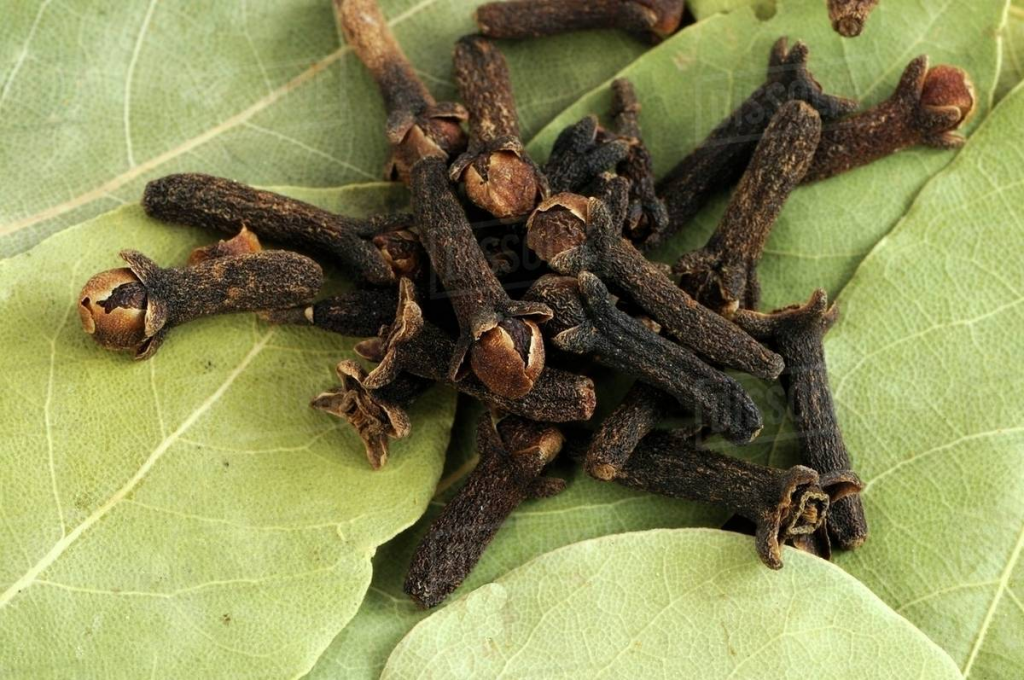
4. Strengthens the Immune System
Both ingredients contain antioxidants that protect cells from oxidative stress. Cloves, in particular, have natural antimicrobial properties, while bay leaves support respiratory health.
5. Promotes Relaxation and Better Sleep
Surprisingly, this tea isn’t just energizing—it can also help you wind down. Bay leaves have mild sedative properties, and when consumed warm at night, they may help reduce stress and promote restful sleep.
| Benefit | Role of Bay Leaf | Role of Clove |
|---|---|---|
| Digestion | Regulates enzymes | Reduces bloating |
| Blood Sugar | Improves insulin use | Boosts metabolism |
| Circulation | Anti-inflammatory | Stimulates blood flow |
| Immunity | Antioxidant-rich | Antimicrobial power |
| Relaxation | Calming compounds | Gentle muscle relief |
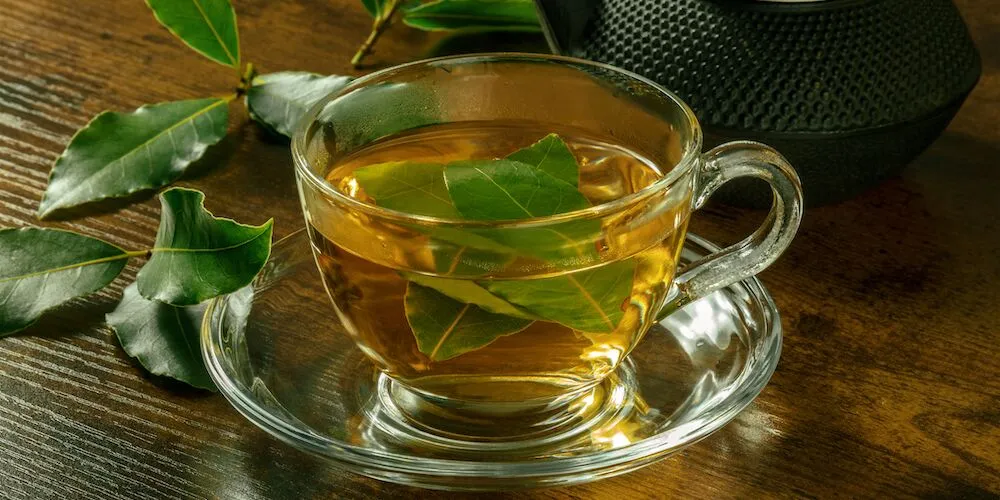
How to Make Bay Leaf and Clove Tea
Ingredients
- 2 dried bay leaves
- 3–4 whole cloves
- 2 cups water
- 1 teaspoon honey (optional)
- ½ lemon (optional, for flavor and vitamin C boost)
Instructions
- Boil 2 cups of water in a saucepan.
- Add bay leaves and cloves.
- Simmer on low heat for 5–7 minutes.
- Strain into a cup and add honey or lemon if desired.
- Drink warm, ideally in the morning or before bedtime.
Tip: For best results, drink consistently 3–4 times a week.
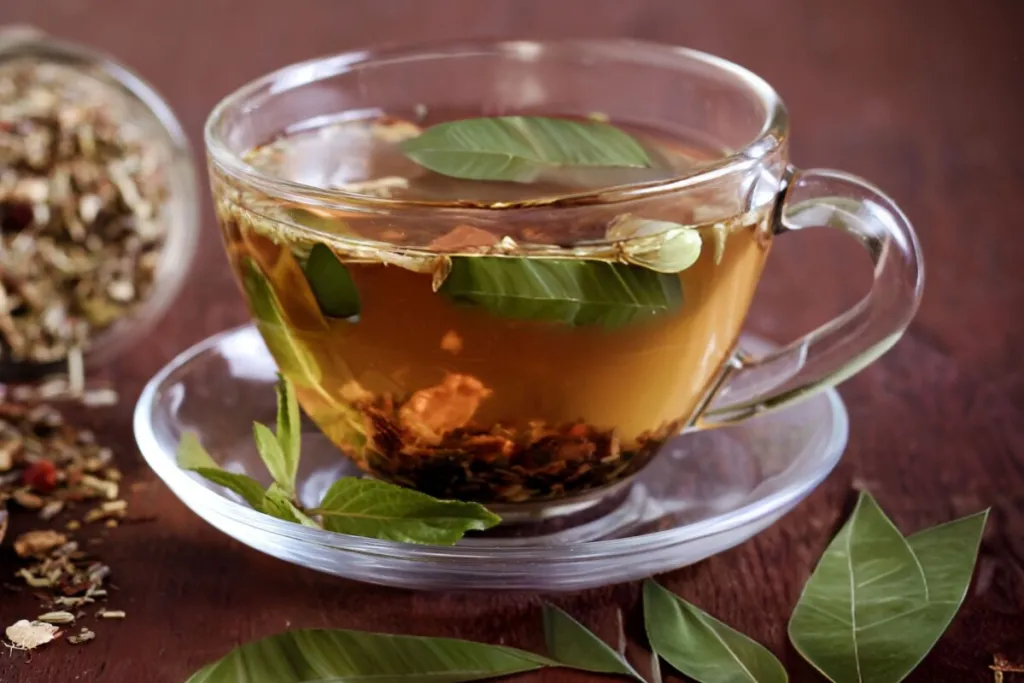
Real-Life Stories and Experiences
Many people share inspiring experiences after adopting this tea into their routines.
- Case 1: The Teacher with Digestive Issues
Mary, a 52-year-old teacher, struggled with bloating after meals. After drinking bay leaf and clove tea nightly, she reported feeling lighter and more comfortable. - Case 2: The Retired Athlete
John, 61, turned to this tea for joint stiffness. Within a few weeks, he noticed improved mobility and less morning pain.
While these stories are anecdotal, they highlight how simple, natural remedies can make a meaningful difference in everyday life.
Practical Tips for Maximizing Benefits
- Always use fresh, high-quality bay leaves and cloves for maximum potency.
- Avoid over-brewing; too strong a tea may taste bitter.
- If you’re sensitive to caffeine-like compounds, drink in the evening only if it doesn’t disturb your sleep.
- Pair with a balanced diet—no tea can replace proper nutrition and exercise.
- Consult a healthcare provider if you have chronic conditions, especially diabetes or heart disease.
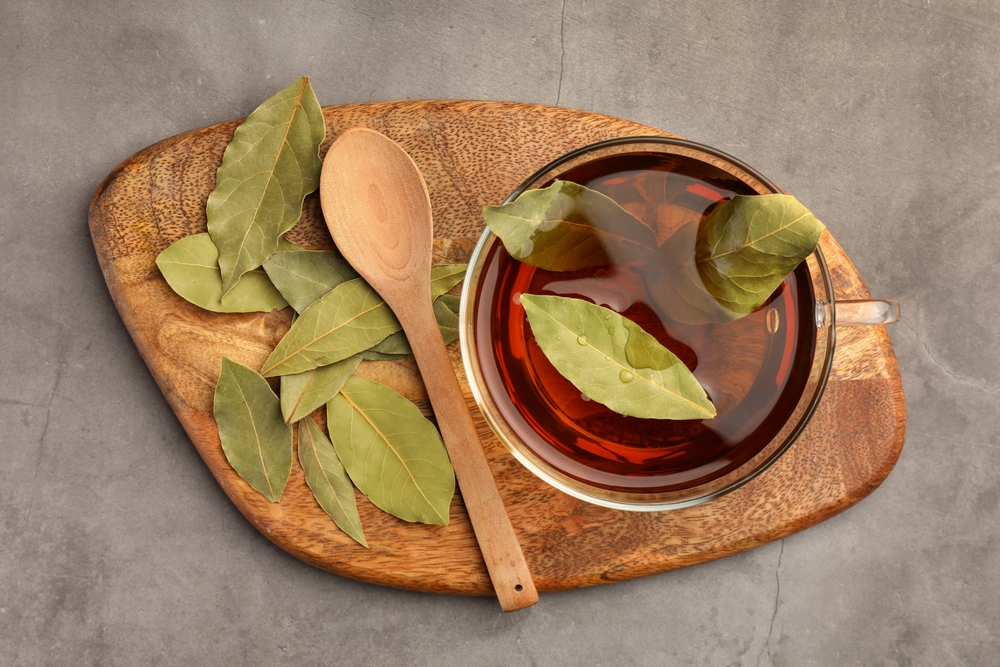
Possible Side Effects and Precautions
- Pregnancy: High amounts of bay leaf may not be suitable for pregnant women.
- Allergies: Some individuals may react to cloves with skin or stomach irritation.
- Medication interactions: If you’re taking blood thinners, consult your doctor before using cloves regularly.
Conclusion
Bay leaf and clove tea may look simple, but it delivers powerful benefits for digestion, circulation, immunity, and overall wellness. When enjoyed regularly, this aromatic blend can help you feel lighter, more energized, and more balanced.
FAQs in brief
- How often should I drink bay leaf and clove tea? 3–4 times a week is ideal.
- Can I drink it daily? Yes, in moderate amounts, unless restricted by a healthcare provider.
- Does it replace medication? No, it’s a supportive remedy, not a substitute for medical treatment.
- Can I sweeten it? A teaspoon of honey or lemon juice can enhance both taste and benefits.
Disclaimer: This article is for informational purposes only and not intended as medical advice. Always consult a qualified healthcare professional before making changes to your health routine.




